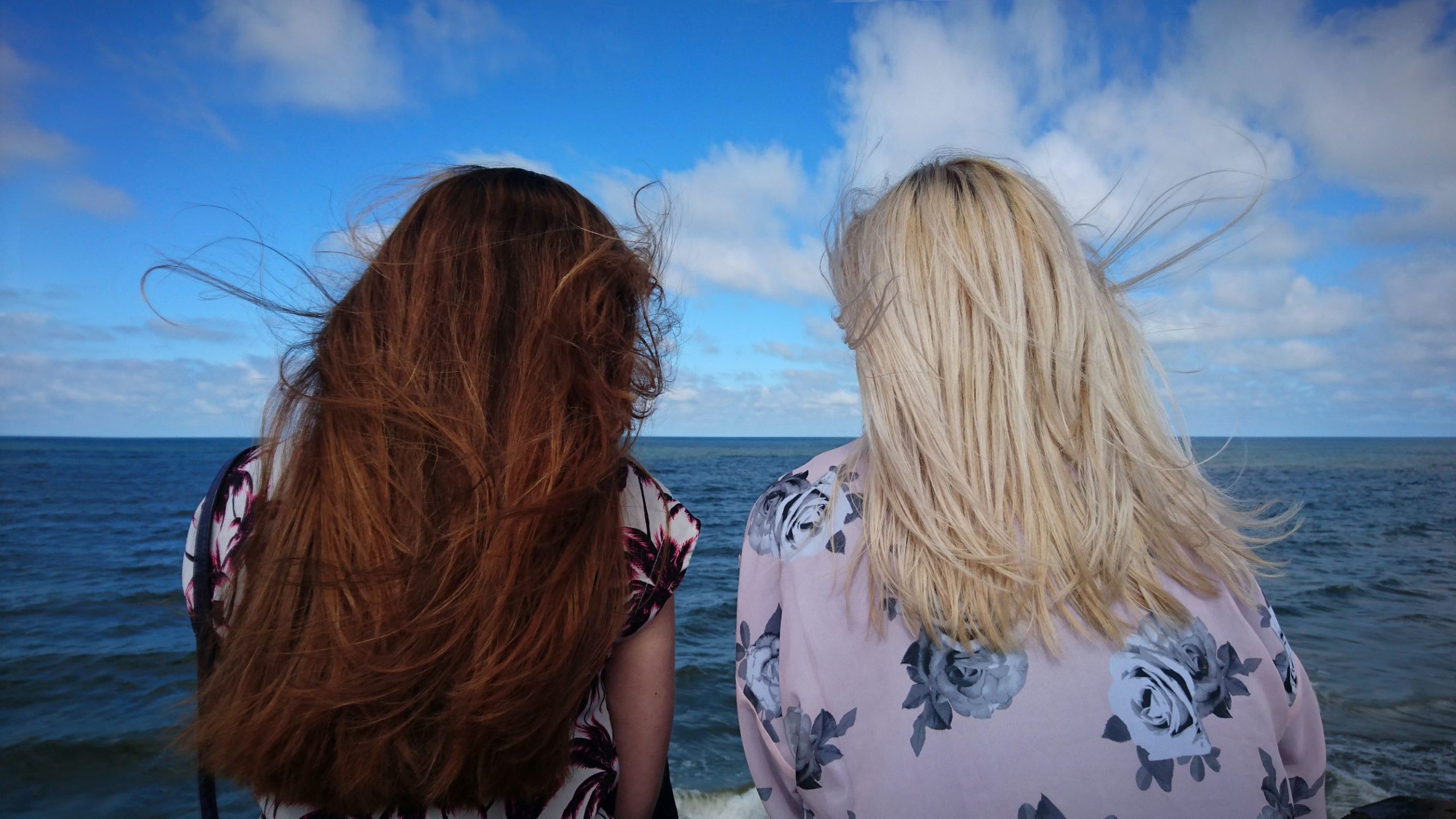
Seasonal Affective Disorder in the Summer: Understanding and Managing Its Impact
While most people associate summer with positive things like vacations and sunshine, some people’s mental health declines in the summer due to seasonal affective disorder. If you struggle with your motivation, enthusiasm and self-care during this time of year, you’re not alone, and help is available.
What Is Summer Depression?
Researchers believe seasonal depression relates to sunlight and its effects on circadian rhythm, which regulates your sleep-wake cycle. If this “body clock” falls out of sync, it can affect your natural production of serotonin and melatonin, which play roles in mood and sleep regulation.
Many cases of seasonal affective disorder happen in fall and winter, when there is less natural light. While people with winter SAD struggle when there is too little sun, those living with summer depression have the opposite problem. In addition to the long hours of bright sunshine disrupting your sleep cycle, the excessive heat and humidity could make you feel anxious or angry.
One of the hardest parts of summer depression is when everyone around you is relaxing and having fun, but you can’t seem to enjoy yourself. If that’s the case for you, you could also be guilty about your depressive symptoms. However, you shouldn’t lose hope. Recovery Without Walls’ clinical team uses evidence-based treatment to create personalized wellness plans.
The Benefits of Integrative Mental Health
Integrative mental health is a holistic, patient-centered approach to health care that focuses on identifying and addressing the root causes of disease, rather than treating its symptoms. This model considers every facet of a patient’s life for a comprehensive understanding of how environmental factors influence the emergence and progression of mental illness.
Functional medicine could significantly improve your summer depression symptoms due to its comprehensive approach. Instead of merely prescribing an antidepressant, our nationally certified integrative medicine practitioner Inna Zelikman takes time to dig deeper, exploring how variables like diet, exercise, sleep and stress affect your mental well-being. She will then work with you to make changes in these areas. For instance, she might recommend dietary changes to ensure you are getting a balance of nutrients for serotonin production or suggest a regular fitness regimen to regulate your sleep cycle and reduce stress.
While medication like ketamine might still be part of your functional medicine treatment plan for summer seasonal depression, it would only be one aspect of a multifaceted approach. Overall, the aim would be to enhance your body’s natural healing mechanisms, while empowering you to take an active role in your health.
Embracing Holistic Healing for Long-Term Recovery
At Recovery Without Walls, we recognize that many people do not get adequate symptom relief from traditional Western medicine. Our holistic methods will help you achieve an optimal state of recovery that is sustainable long-term.
There’s no such thing as a one-size-fits-all approach to overcoming summer depression. By addressing your unique physical, psychological, emotional, social and spiritual dimensions of wellness, integrative medicine can be invaluable for managing the challenges associated with seasonal affective disorder. Contact us today to learn more about what we offer and how you can start your recovery here.




